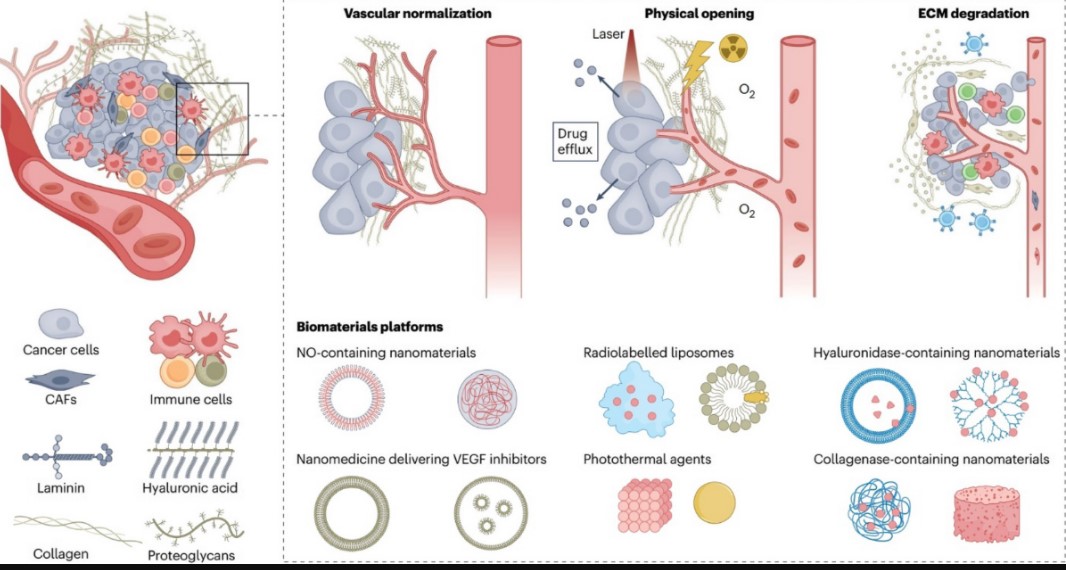Innovative Oncology Treatments: Exploring Cutting-Edge Approaches

The field of oncology is witnessing rapid advancements in treatment modalities, driven by groundbreaking research, technological innovations, and a deeper understanding of cancer biology. In this article, we delve into innovative oncology treatments, exploring cutting-edge approaches that are revolutionizing cancer care and improving outcomes for patients worldwide.
Immunotherapy:
Immunotherapy has emerged as a revolutionary approach to cancer treatment, harnessing the power of the immune system to target and destroy cancer cells. Checkpoint inhibitors, monoclonal antibodies, chimeric antigen receptor (CAR) T-cell therapy, and cancer vaccines are among the immunotherapy strategies that have shown remarkable efficacy in various cancer types. By unleashing the body’s natural defense mechanisms against cancer, immunotherapy offers the potential for durable responses, improved survival rates, and fewer side effects compared to traditional treatments.
Precision Medicine:
Precision medicine, also known as personalized or targeted therapy, involves tailoring cancer treatment based on the unique molecular characteristics of an individual’s tumor. Advances in genomic sequencing and molecular profiling have enabled oncologists to identify specific genetic mutations, biomarkers, and molecular pathways driving cancer growth. Targeted therapies, such as tyrosine kinase inhibitors, hormone therapies, and PARP inhibitors, selectively target these molecular alterations, disrupting cancer cell growth and survival while sparing normal cells. Precision medicine allows for more effective and less toxic treatment options, leading to better outcomes and improved quality of life for cancer patients.
CAR-T Cell Therapy:
CAR-T cell therapy represents a groundbreaking approach to cancer treatment, particularly for hematologic malignancies such as leukemia and lymphoma. This innovative therapy involves genetically modifying a patient’s own T cells to express chimeric antigen receptors (CARs) that recognize and attack cancer cells. Once infused back into the patient’s body, these engineered CAR-T cells seek out and destroy cancer cells, providing a potent and targeted immunotherapy approach. CAR-T cell therapy has demonstrated remarkable success in achieving durable remissions in patients with refractory or relapsed cancers, offering new hope for those with limited treatment options.
Nanotechnology:
Nanotechnology holds great promise for enhancing the delivery of cancer therapeutics and improving treatment efficacy. Nanoparticle-based drug delivery systems can be designed to target tumors selectively, penetrate biological barriers, and release therapeutic agents at precise locations within the body. Additionally, nanoscale imaging probes enable early detection of tumors, real-time monitoring of treatment response, and non-invasive assessment of disease progression. By exploiting the unique properties of nanomaterials, oncologists can overcome challenges associated with conventional drug delivery methods and enhance the effectiveness of cancer treatments while minimizing systemic toxicity.
Gene Editing and Gene Therapy:
Recent advancements in gene editing technologies, such as CRISPR-Cas9, have opened new avenues for cancer therapy through precise manipulation of the human genome. Gene editing can be used to correct disease-causing mutations, deactivate oncogenes, or enhance the anti-tumor immune response. Furthermore, gene therapy approaches, including viral vectors and gene transfer techniques, enable the delivery of therapeutic genes directly into cancer cells or immune cells, augmenting their ability to recognize and eliminate tumors. Gene editing and gene therapy hold immense potential for developing novel, targeted treatments for a wide range of cancers, offering hope for improved outcomes and potential cures.
Innovative oncology treatments represent a paradigm shift in cancer care, offering new hope and improved outcomes for patients facing this devastating disease. From immunotherapy and precision medicine to CAR-T cell therapy, nanotechnology, and gene editing, cutting-edge approaches are revolutionizing the treatment landscape and redefining the standard of care for cancer patients worldwide. By embracing innovation and collaboration, oncologists continue to push the boundaries of what is possible in cancer treatment, bringing us closer to the goal of eradicating cancer and improving the lives of millions of individuals affected by this disease.
Thanks for visiting https://uscalifornia.com



